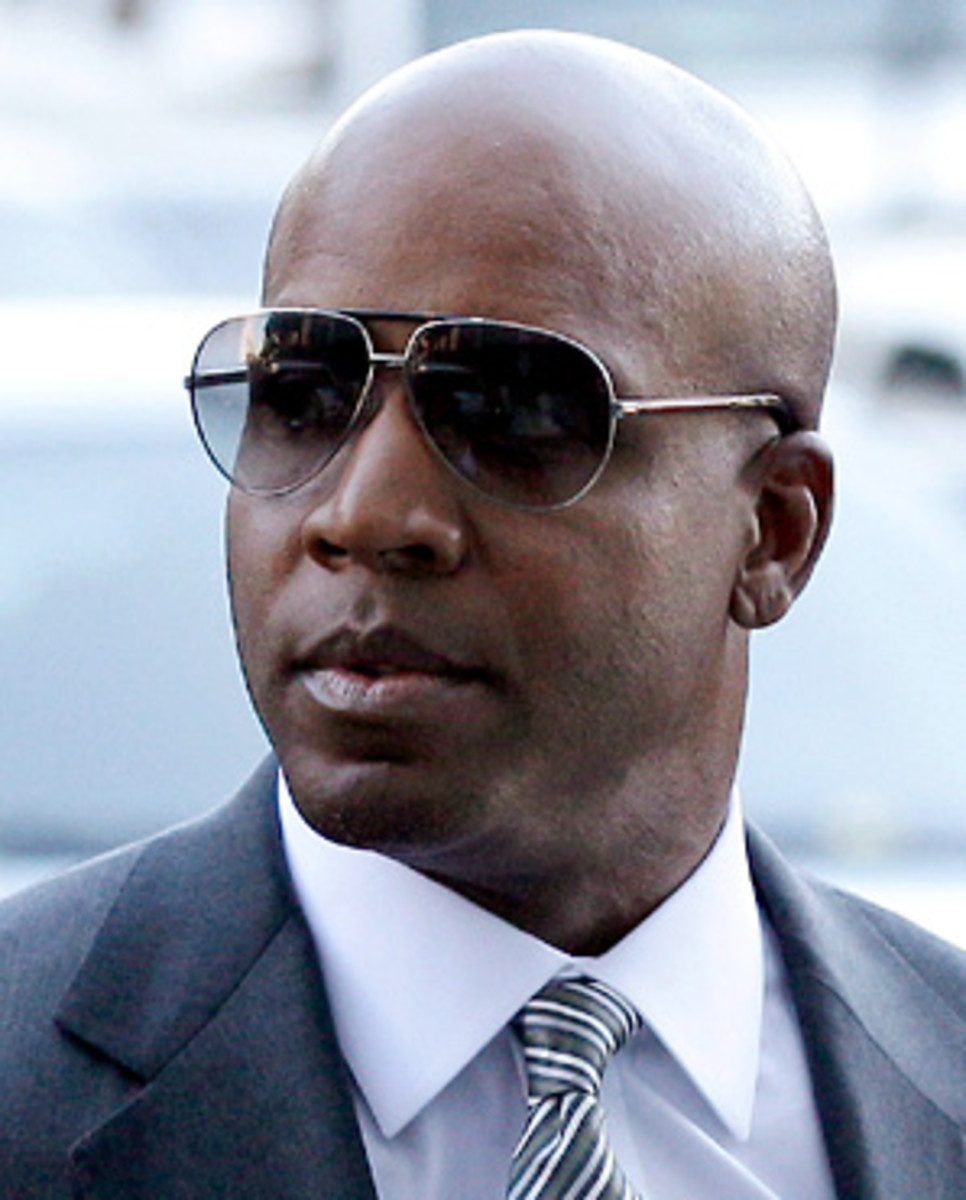Ruling on witnesses bad for Bonds
After a string of courtroom victories, Barry Bonds was dealt a blow Friday afternoon in a San Francisco courtroom.
While U.S. District Judge Susan Illston agreed with Bonds' lawyers that incriminating BALCO documents from 2000 to 2001 are inadmissible without the testimony of Bonds' former trainer, Greg Anderson, she rejected attempts by Bonds' lawyers to prevent Anderson's other big league clients from testifying. Marvin Bernard, Jason Giambi, Jeremy Giambi, Armando Rios, Benito Santiago and Randy Velarde are all expected to testify that Anderson supplied them with illegal performance-enhancing drugs and instructed on how to best use them.
Prosecutors hope that a jury will infer that if Anderson informed his other baseball clients about using illegal substances, then Bonds must have also knowingly used illegal substances. After all, why would Anderson supply his other major league clients with illegal substances, but then supply Bonds with only legal ones? Also, if Anderson supplied Bonds with illegal substances, why would he keep Bonds out of the loop about doing so, while displaying candor and transparency with his other clients? Given that perjury requires the government to show that Bonds knowingly lied under oath, these former players could prove to be key witnesses.
• McCANN: What to expect at the trial
Bonds' lawyers are of course aware of the government's strategy. In response to it, they will likely emphasize that Anderson's relationship with other players is not at issue in the trial and that Bonds should not be convicted on circumstantial evidence. Bonds's lawyers will also attempt to cast doubt on the witnesses' memories, particularly as they try to recall events that took place over a decade ago. Even if the jury is fairly confident that Bonds is guilty, Bonds can escape conviction. He cannot be convicted unless the jury lacks any reasonable doubt.
Another consequence of the ruling is that Bonds may be more likely to testify in his own defense. Bonds, like any criminal defendant, is not required to testify. Should he decline, the jury will be instructed to not infer guilt from his decision.
However, if the other players prove to be credible witnesses while discussing their relationship with Anderson, Bonds may feel compelled to testify. Should he do so, Bonds would need to earnestly explain why his training relationship with Anderson was so distinguishable from Anderson's training relationships with the other players. Bonds might insist that while the other players needed to use illegal performance-enhancers in order to succeed at the major league level, he did not. He might also reason that even if Anderson provided him with illegal substances, Anderson would not have told Bonds about it, perhaps because Bonds -- unlike Anderson's other clients -- was so focused on breaking the all-time home run record that he would have been devastated to learn what Anderson was actually doing.
Keep in mind, Anderson will not testify on his behalf, therefore leaving Bonds as the only person who can provide specific details about their private conversations and the particular nature of Anderson's assistance.
Bonds deciding to testify would not come without substantial risk, as he would be compelled to answer questions from prosecutors in cross-examination. While Bonds has assembled a top defense team, federal prosecutors are also very talented and seasoned. They also tend to win, as they enjoy a conviction a conviction rate of approximately 90 percent. To be sure, prosecutors would ask Bonds difficult questions while he is on the stand, knowing full-well that jurors would be at their most attentive level while Bonds testifies. It would likely be the most pivotal exchange in the trial.






